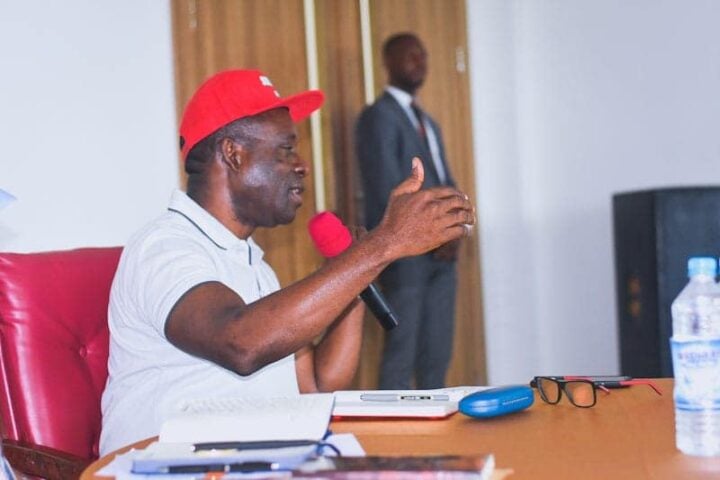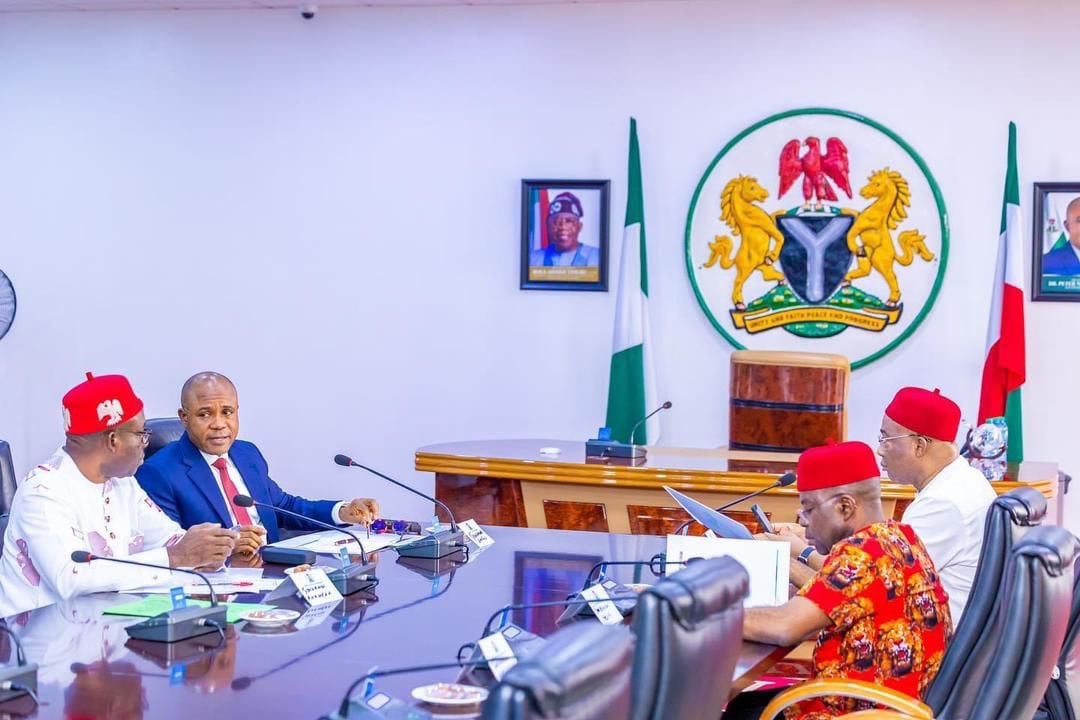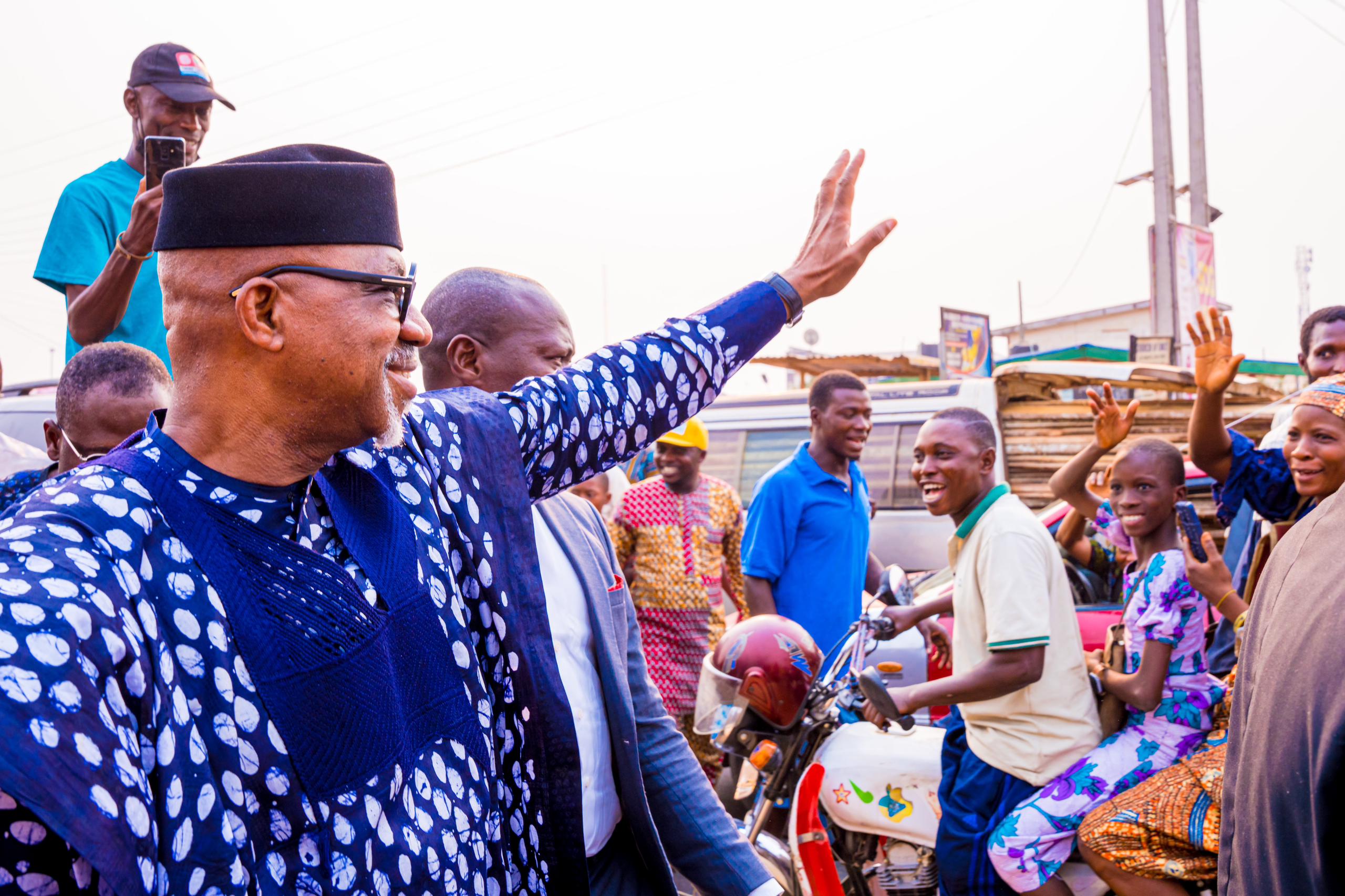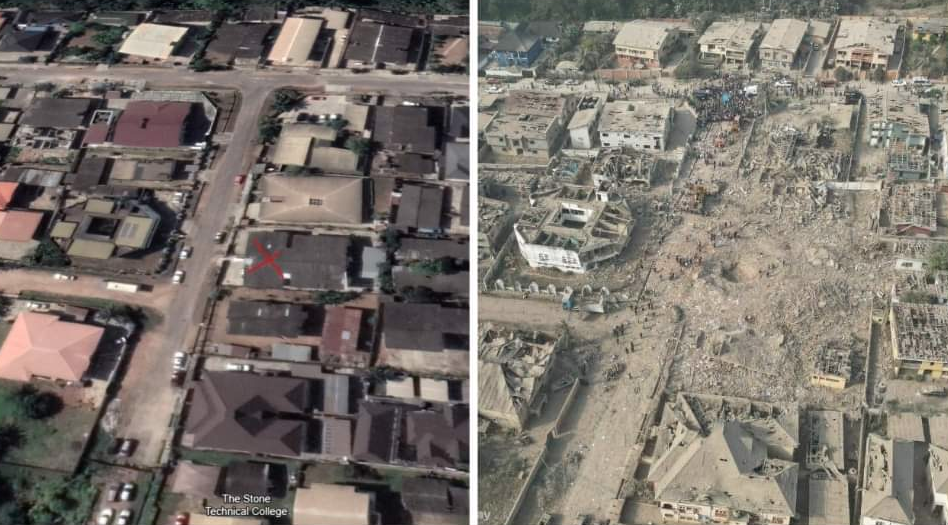In the contemporary landscape, the specter of climate change looms large, compelling me to delve into a multifaceted exploration of perspectives and urgent imperatives.
As the world grapples with the far-reaching consequences of environmental shifts, it is worthy of note that our collective choices carry a profound weight, echoing through the tangible consequences of the shift.
The concept of climate change revolves around long-term alterations in Earth’s climate patterns, primarily attributed to human activities. It encompasses global warming, shifts in weather patterns, and the increasing frequency of extreme events. (disasters such as flood, drought, earthquake, and fire outbreaks)
The idea underscores the impact of greenhouse gas emissions from activities like burning fossil fuels and deforestation, leading to an all-time high warming planet experienced in human history.
Advertisement
Addressing climate change involves mitigating these human-induced factors, adapting to the changes already underway, fostering sustainable practices to ensure the health and resilience of our planet and accessing emergency funding for loss and damage suffered from climate change effects.
Man as the Driver
Human activities have significantly contributed to climate change and solutions.
From the Stone Age to the Bronze, to the Iron Age to the Classical Era that led to the Industrial Revolution of the last 300 years.
Advertisement
The quest for progress, fueled by mankind’s insatiable appetite for resources—water, woods, sands, gravel, stones, granite, limestones, coals, oil, gas, and iron ores—has led to a profound transformation from our evolutionary ape-man to modern civilization.
One can applaud humanity’s achievements in fossil-fuel-driven automobiles, aviation, and maritime voyages. All these have greatly benefited modernity and productivity.
Nevertheless, the widespread use of airplanes and ships, while boosting prosperity, comes with incalculable climate change costs in the form of emissions and rising temperatures. This is why the recent ESG policy framework for any investment and financing has become mandatory globally.
In the pursuit of resource mobilization across the planet, man-made canals such as Suez and Panama interconnected seas and oceans. The repercussions of these endeavors, coupled with oil and gas drilling, quarrying, and mining, have resulted in significant distortions to our planet Earth.
Advertisement
As a layperson, it appears that the profound impacts on geography are unfolding in an unprecedented manner and this is why climate finance has become imperative.
A typical success story of climate financing is what is going on in modern-day China where renewable energy, solar, and wind are becoming very dominant in their energy mix.
The burning of fossil fuels, deforestation, industrial processes, and agricultural practices release greenhouse gasses into the atmosphere, leading to phenomenal global warming.
The argument that Africa’s emission footprint is less than four percent does not insulate us from the effect and consequences of climate change and that is the more reason why Nigeria must quickly have well-coordinated climate change and energy transition policies.
Advertisement
These effects include general increases in temperature; variations in rainfall, the rise in sea levels, resulting shoreline erosion and flooding (the UN recently estimated that at least 27 states are now increasingly at risk of serious continuous flooding); drought and desertification (which is causing the depletion of Lake Chad and consequent southern migration of Fulani herdsmen and insecurity); land degradation (which is making farming more difficult and affecting our food security); and significant damage to the ecologically-sensitive Niger Delta.
The urgent call to action for Nigeria and the government of President Bola Tinubu
Advertisement
Fortunately, Nigeria is well placed to drive forward a dynamic and home-grown climate action agenda. The passage of the Climate Change Act 2021 paved the way for the creation of the National Council on Climate Change, (NCCC), which reports directly to Mr.President, with the mandate to act as a clearing house and convening platform for climate action initiatives within and across government. It is important to distinguish NCCC’s convening role from the still critically important operational role of the Ministry of Environment, which sits as a key member of the Council.
With the current reality, there is an urgent need for Mr President to revisit and realign the activities of the NCCC, particularly with the requirements for Nigeria to
access climate finance for adaptation to and mitigation of climate effects, as well as to benefit from the rapidly developing voluntary carbon trading markets.
Advertisement
A big lesson from CoP28 was that we need to accelerate action and take more deliberate steps to ensure greater coordination of activities, both in and between the public and private sectors.
Mr President will need to reconstitute the NCCC and infuse new agility into the Council. It is important that all the critical stakeholders are co-ordinated and appropriate working groups are created around and within the Council.
Advertisement
His Excellency has already taken bold steps to accelerate the potential to access greater flows of climate finance through the recent creation of the Carbon Market Committee, ably led by Zach Adediji, the Executive Chairman of the Federal Inland Revenue Service (FIRS). The NCCC provides a platform to ensure coordination with the Ministry of Finance.
Given the new Ministerial portfolios, the Ministers sitting as members of the Council need to be re-designated. The Council already has provision for representatives from the private sector, civil society, and all the state and local governments, and these representatives need to be appointed immediately. Also provided for is a role for the National Security Adviser, underscoring the potential role of climate change in worsening conditions that could increase such conflict risks, as poverty and food insecurity.
The past missed opportunities by Nigeria to access loss and damage funds can still be regained. Our ability to access climate financing can be strengthened, and technical capacity building for the NCCC is urgently required if we are to catch up with countries like the UAE and Saudi Arabia. The establishment of the Climate Fund, as the repository of such funding, as well as other flows of climate finance, is a critical function of the NCCC under the Climate Change Act, and we must move quickly, working closely with the Ministry of Finance, to accelerate progress with this.
In navigating Nigeria’s energy transition, a critical reassessment of existing policies is imperative, including a revision of the Energy Transition Plan promoted by the former Vice president, especially given the thinking of the new administration.
The National Energy Commission is also expected to play a significant role in the energy transition policy.
The nation stands at a pivotal juncture, carefully balancing the complex interplay of forces advocating for and against fossil fuel phase-outs; the need for continued oil and gas exploration against market constraints for petroleum products; and the delicate equilibrium between decarbonization targets and credits, essentially a debit and credit game. A revised plan must consider also the time-sensitive nature of attracting investments in both conventional and renewable energy sources, particularly solar.
While acknowledging the significance of oil and gas as essential resources for ecocomic growth, thus feeding our sizable population, we must also recognize agriculture’s potential, albeit requiring substantial mechanization.
Optimizing power generation entails a strategic shift towards hydro, gas, and solar, with the proposal of a 6000 MW nuclear power base load to be constructed by the Chinese as may be approved by the President.
This minimum nuclear power supply base for Nigeria when added to our current 4,000 MW per day will give Nigeria a minimum of 10,000MW every day and that can propel our GDP growth to two digits.
This choice becomes imperative for Nigeria to overcome energy deficits and alleviate poverty. Careful consideration and progressive adjustments over the next two to three years will be essential in achieving a balanced and sustainable energy landscape.
In maintaining a delicate balance with fossil fuels, it’s crucial to consider transitioning fuels such as LPG (Liquified Petroleum Gas) and CNG (Compressed Natural Gas). While these alternatives offer cleaner options, their production is energy-intensive and carbon-laden. Nigeria currently requires about 5 million tonnes of LPG to replace traditional cooking methods involving firewood, charcoal, and kerosene.
One of the working groups of the NCCC could be made to deliberately drive this LPG/CNG deployment, as in Indonesia 11-12 years ago.
Nigeria currently faces mounting pressure from the encroaching Sahara Desert, demanding immediate attention from the Ministry of Environment.
In the short term, a collaborative effort between the Ministry of Environment and the Sahelian states can swiftly implement the strategic planting of special desert trees. Such tree-planting campaigns must be supported with irrigation systems.
This proactive measure holds the potential to generate positive carbon credit footprints for Nigeria.
Concurrently, urbanization and housing strategies must undergo rationalization, adhering to set standards by various government agencies to ensure climate change compliances are captured in design and building.
These are just a few examples of the issues that need to be co-ordinated and become part of a holistic climate action plan. There are many other initiatives, including in transport and industry that require accelerated development.
To expedite decarbonization and achieve swift carbon credit progress, it is crucial for Mr. President to actively request monthly updates from the NCCC on progress with these initiatives. This approach ensures proper coordination and effective monitoring of the activities surrounding climate change issues in Nigeria.
My submissions as articulated above are to guide Mr. President appropriately and to draw the attention of all the critical stakeholders to the urgent need for reorganization of the NCCC and capacity building as well as proper alignment with the Ministry of Environment, Finance, the National Energy Commission, the Federal inland Revenue Service and others.
In humility, I share this reflection as an ordinary private citizen who had the privilege of attending COP28. I intend to ensure that the essence of the conference isn’t lost amidst the day-to-day dynamics of governance in this administration.
Kunle writes from Abuja.
Views expressed by contributors are strictly personal and not of TheCable.
Add a comment







